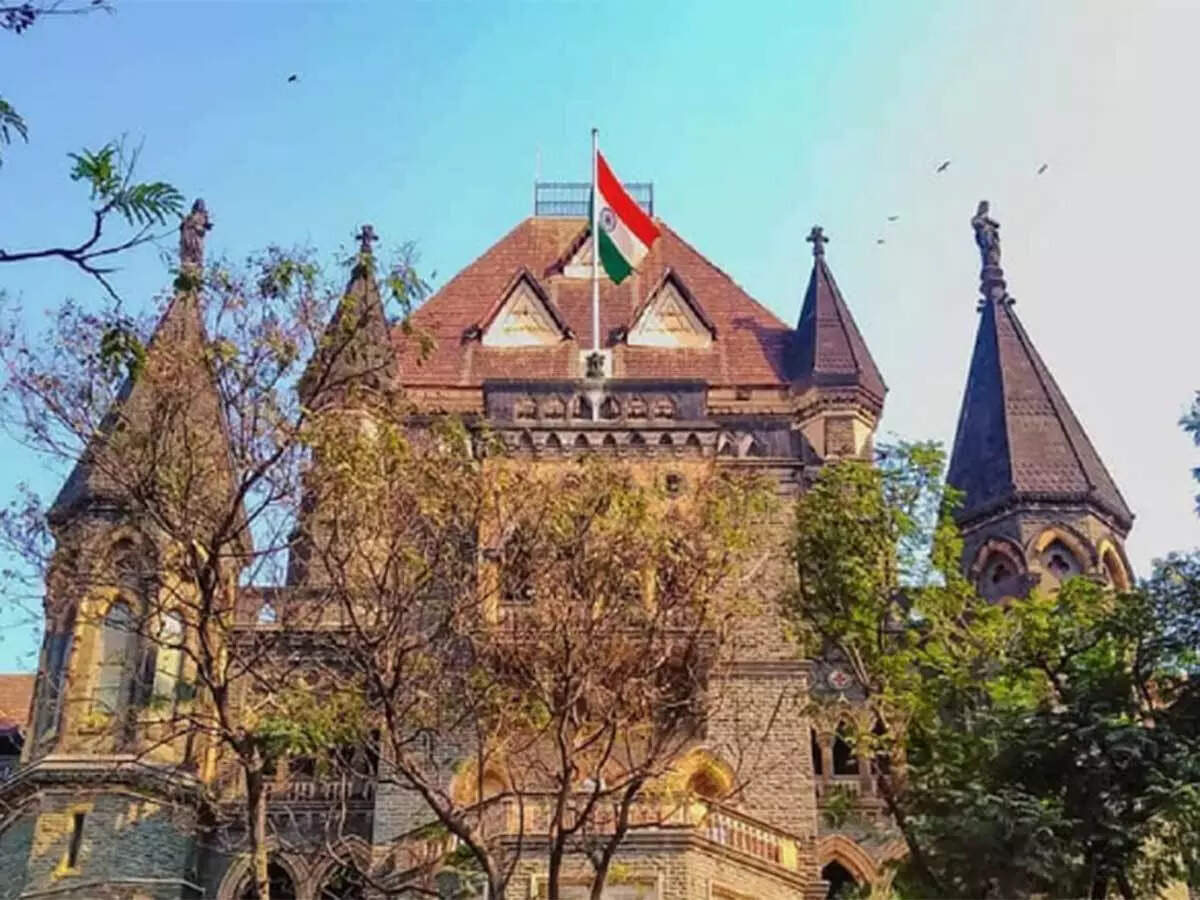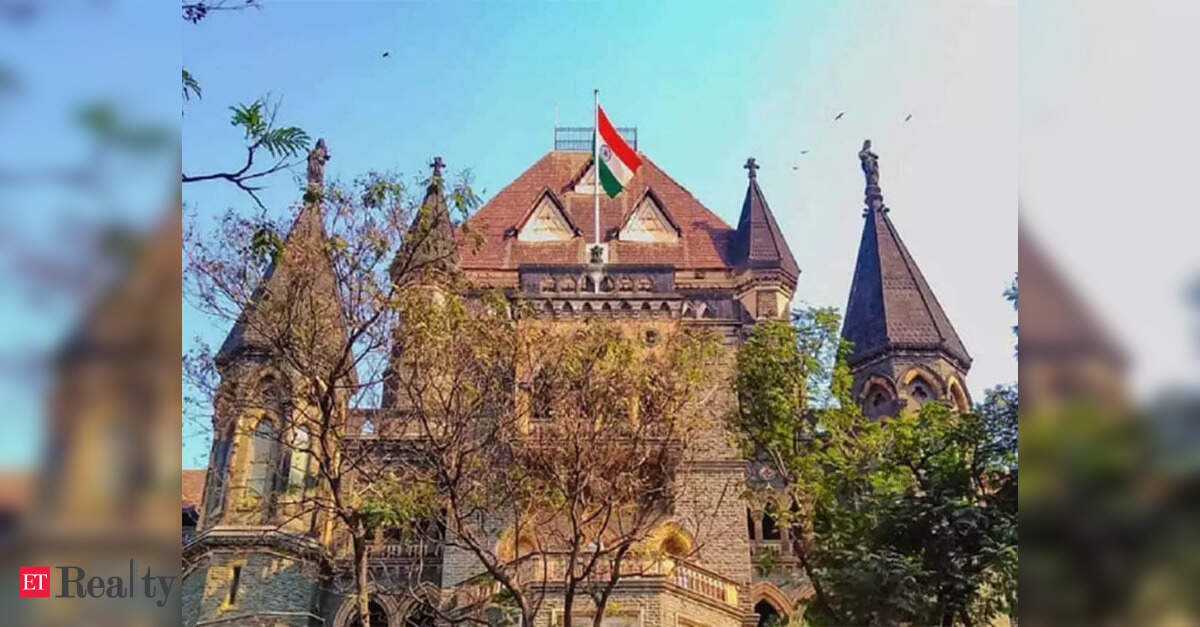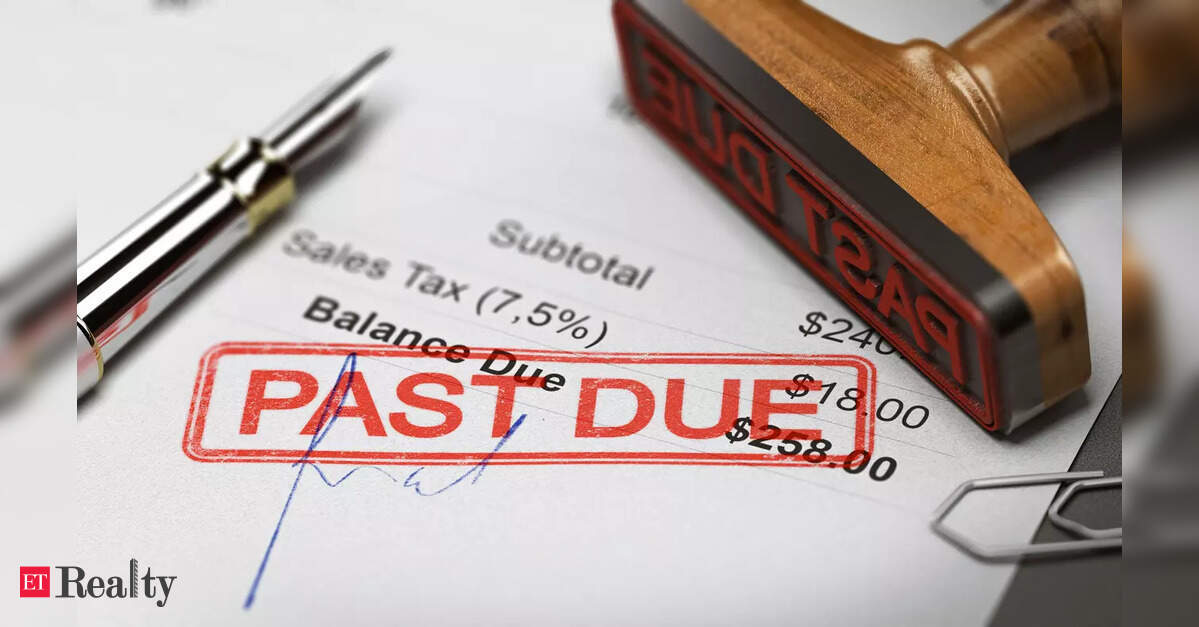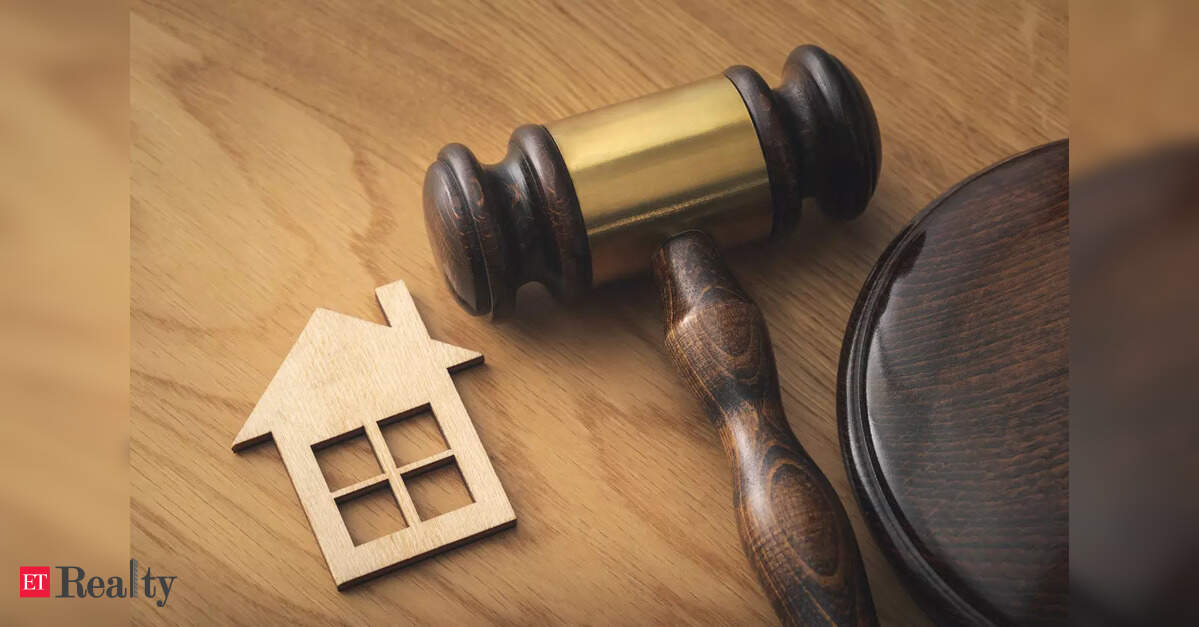
MUMBAI: The Bombay High Court has instructed the Thane municipal commissioner to engage with senior officials from electricity supply companies to identify power connections provided to illegal constructions. The court also called for an investigation into civic officers who enable water supply to these unauthorized edifices.
Justices Girish Kulkarni and Arif Doctor remarked that providing electricity to illegal buildings represents a “national loss” while noting that granting water to such constructions significantly exacerbates the public’s struggles during water scarcity.
The Thane Municipal Corporation (TMC) reported compliance with earlier court orders, resulting in the demolition of 21 illegal structures using “sophisticated modern machinery.” They have currently identified 124 unauthorized buildings across nine wards.
Representing the TMC, senior counsel Ashutosh Kumbhakoni informed the court that a circular was issued on July 3 mandating the use of QR codes at construction sites, allowing prospective buyers access to building plans and approval information. It was noted that two major developers have already implemented this measure at their sites.
Concerns were raised at the extent of encroachments in Thane, especially given the region’s significant green zones. The court highlighted that within a protective area of 2,656 hectares, over 36 hectares—nearly 3%—is encroached upon, which is particularly troubling. The court urged the TMC to take decisive action against officials who assist or condone such illegal activities.
The court clarified that electricity supply corporations have a legal obligation to verify that any construction requesting electric connections is lawful. It emphasized that approvals based solely on affidavits and declarations are insufficient for granting electricity supply.
While acknowledging the proactive measures undertaken by the TMC commissioner since previous rulings, the court expressed alarm at the visible illegal activities that were concealed from the civic chief. To uphold transparency, a permanent vigilance committee was established to enforce accountability and prevent unauthorized constructions, ensuring that individuals do not unwittingly purchase homes in illegal buildings. The court declared that such vast fraud should no longer be tolerated, especially given the systemic issues brought to light by advocates Yousuf Khan and Juzer Udaipuri.
The court expressed shock over the prevalence of notarized agreements for flat sales, stressing the significant financial impact on the state treasury due to missed stamp duties and registration fees, with concerns raised over the public and governmental fraud being perpetrated by developers. The matter has been prioritized for a hearing on August 4.




